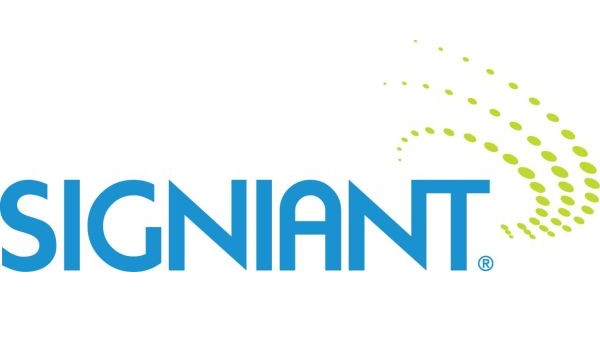For former FCC chairman, 'wasteland' has become broadband
The professional video industry's #1 source for news, trends and product and tech information. Sign up below.
You are now subscribed
Your newsletter sign-up was successful
Newton Minow, former chairman of the FCC in 1961, is perhaps best remembered for giving a speech to broadcasters in which he called television a "vast wasteland." Today, Minow, 85, is a Chicago attorney and senior counsel at Sidley Austin LLP.
This week he wrote an essay for the Chicago Tribune revisiting that famous speech.
"When President John F. Kennedy appointed me chairman of the Federal Communications Commission 50 years ago, phone calls went by wire and radio and television signals went by air. In 1961, there were 2 1/2 television networks. One phone company. No personal computers. No public television. No public radio. FM radio was dormant. Fledgling cable. No Internet. Usually there was only one black-and-white television in the house and all members of the family watched the same program at the same time. Audiences were passive; they listened or watched silently," Minow said.
In May 1961, Minow addressed the nation's television broadcasters in Washington, D.C. He asked them "to sit down in front of your television set when your station goes on the air and stay there without a book, magazine, newspaper, profit-and-loss sheet or rating book to distract you — and keep your eyes glued to that set until the station signs off. I can assure you that you will observe a vast wasteland.
"Is there one person in this room who claims that broadcasting can't do better?" he asked. "Your trust accounting with your beneficiaries is overdue."
Minow's speech was controversial at the time. He got no standing ovation from the broadcasters. He said he has been asked repeatedly what he thinks of the "vast wasteland" speech today.
"It is certainly vast, far vaster than we could have imagined in 1961," he wrote this week. "And parts of it are a wasteland, but most of what I hoped for has far exceeded my most ambitious dreams. And the promise and possibility of television is so vast that we can only guess where it will take us next."
The professional video industry's #1 source for news, trends and product and tech information. Sign up below.
In 1961, he wrote, many broadcasters saw television only as an entertainment medium. Network news was 15 minutes long. Children's programs were few and far between. Some cities had only one, or perhaps two, television stations. The number of commercials far exceeded the broadcasters' own code of standards. Educational television was struggling. Black candidates for public office were denied television time for their campaigns. Major cities such as New York, Los Angeles and Washington, D.C., did not have noncommercial television stations. Cable was just getting started.
During his tenure at the FCC, he said choice through satellites, cable, public broadcasting and stereo FM were expanded. As a result, viewers can now see and hear program services such as CNN, PBS, NPR, HBO, Showtime, ESPN, A&E, CSPAN, Nickelodeon, MSNBC, CNBC and USA.
"The wasteland has turned into broadband," he said.
